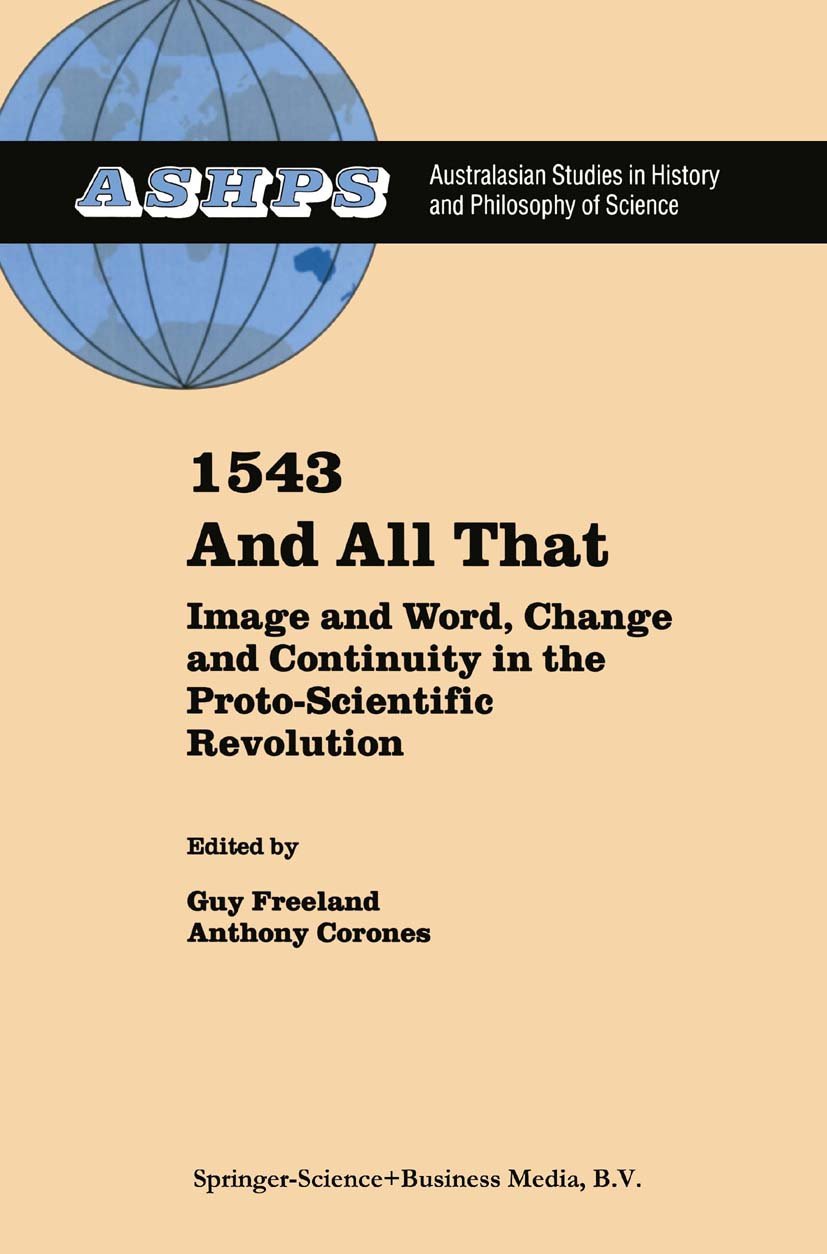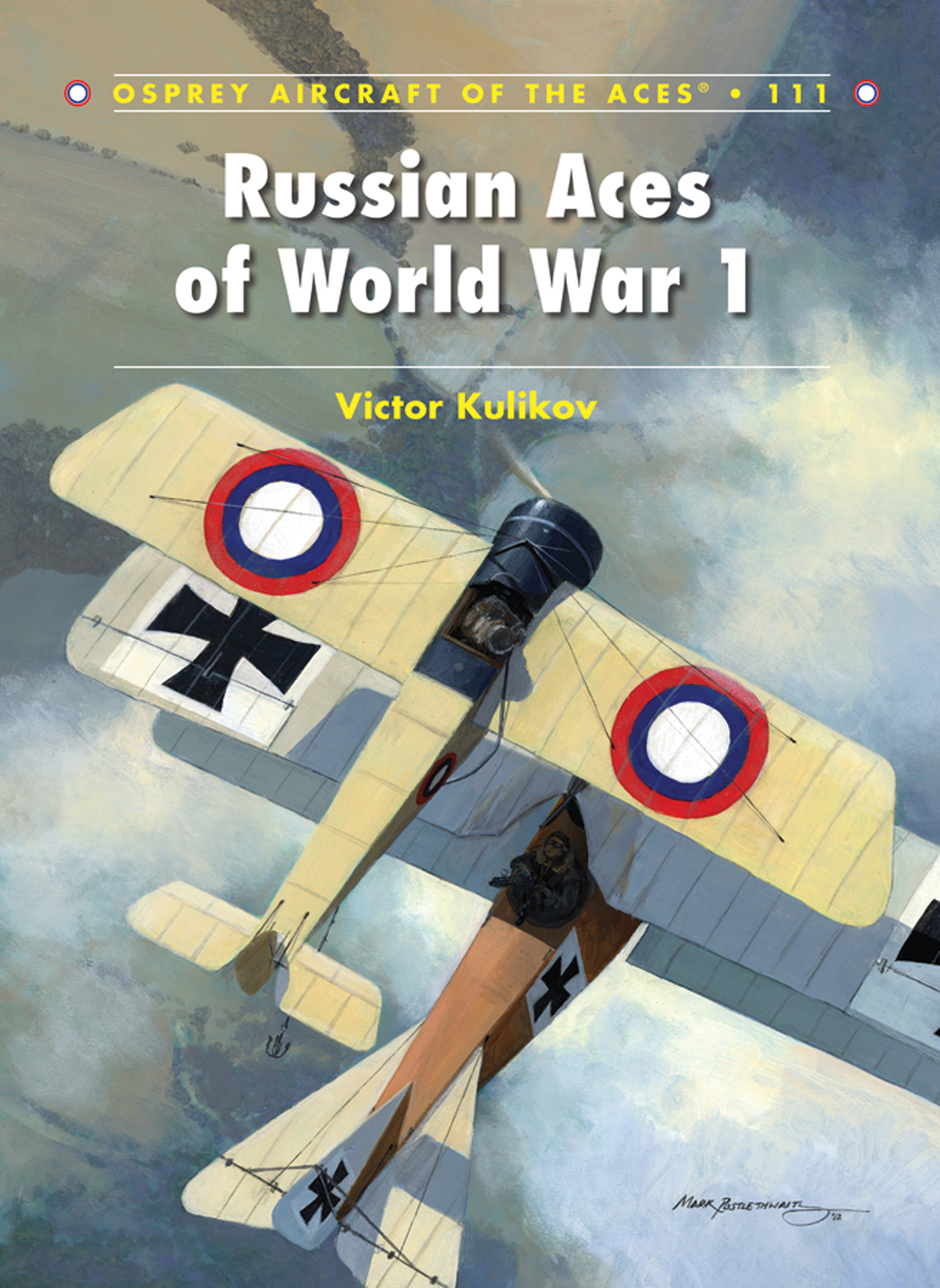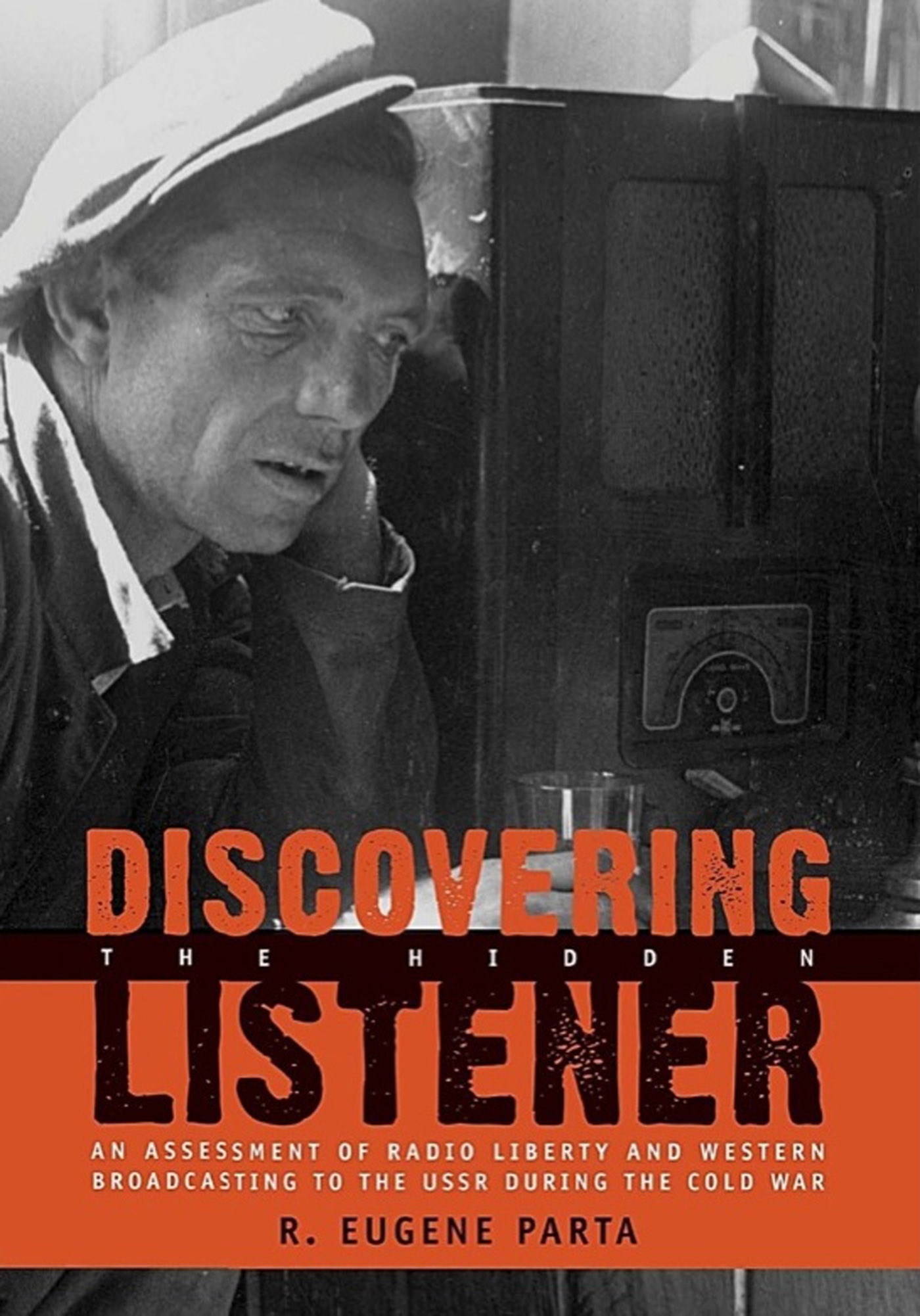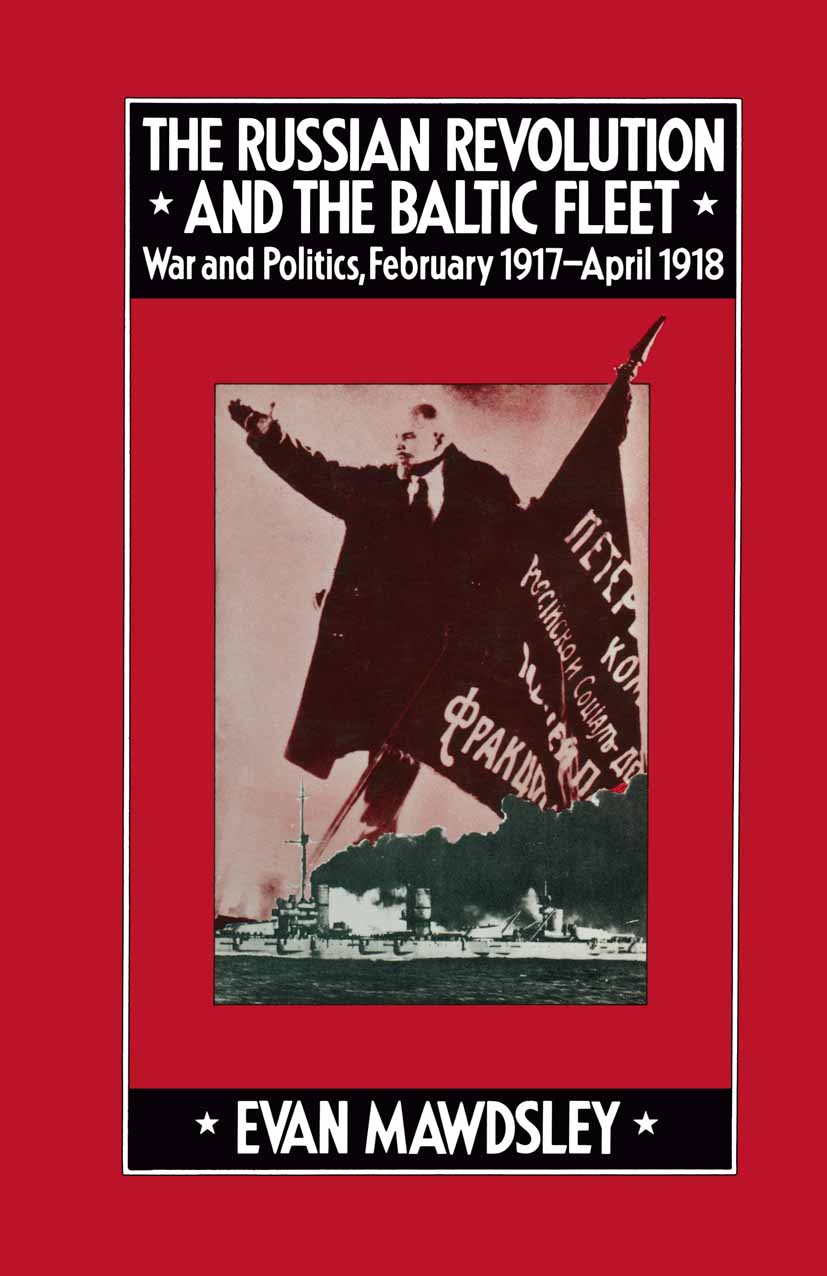1543 and All That
by G. Freeland
2020-05-04 19:59:39
Australia and New Zealand boast an active community of scholars working in the field of history, philosophy and social studies of science. Australasian Studies in History and Philosophy of Seien ce aims to provide a distinctive publication of essays ...
Read more
Australia and New Zealand boast an active community of scholars working in the field of history, philosophy and social studies of science. Australasian Studies in History and Philosophy of Seien ce aims to provide a distinctive publication of essays on a connected outlet for their work. Each volume comprises a group theme, edited by an Australian or a New Zealander with special expertise in that particular area. In each volume, a majority of the contributors is from Australia or New Zealand. Contributions from elsewhere are by no means ruled out, however, and are indeed actively encouraged wherever appropriate to the balance of the volume in question. Earlier volumes in the series have been welcomed for significantly advancing the discussion of the topics they have dealt with. I believe that the present volume will be greeted equally enthusiastically by readers in many parts of the world. R. W Horne General Editor Australasian Studies in History and Philosophy of Science ix LIST OF ILLUSTRATIONS Frontispiece. Andreas Vesalius, Sixth Plate ofthe Muscles, woodcut, designed by Jan Steven van Kalkar, from De humani corporis fabrica (Basel, 1543). (Photo. Scientific Illustration; repr. by kind permission of the University of New South Wales Library. ) In: GUY FREELAND, 'Introduction: In Praise of Toothing-Stones' Fig. 1. Michael Esson, Vesalian Interpretation 3 (1992). (Repr. by kind permission ofthe Artist. ) Fig. 2. Reliefs, University of Padua.
Less
























.jpg)






